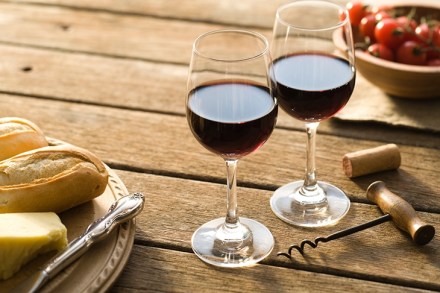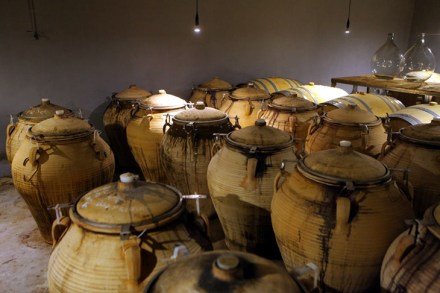Bitter memories: my craving for a pint
It is enough to drive a man to drink. The most glorious weather, so suitable for white Burgundy on a picnic in a meadow-full of wild flowers, for rosé almost anywhere: above all, for beer. A few weeks ago, I wrote longingly about the thought of a pint of beer. Time has passed; the craving has intensified. Nor am I alone. Chatting to a friend about fine vintages being used as palliatives — these bottles I have shored against my lockdown — we agreed that there are moments when a foaming beaker of English wallop would hit the spot more satisfyingly than the most awe-inspiring bottle from Bordeaux or Burgundy.














